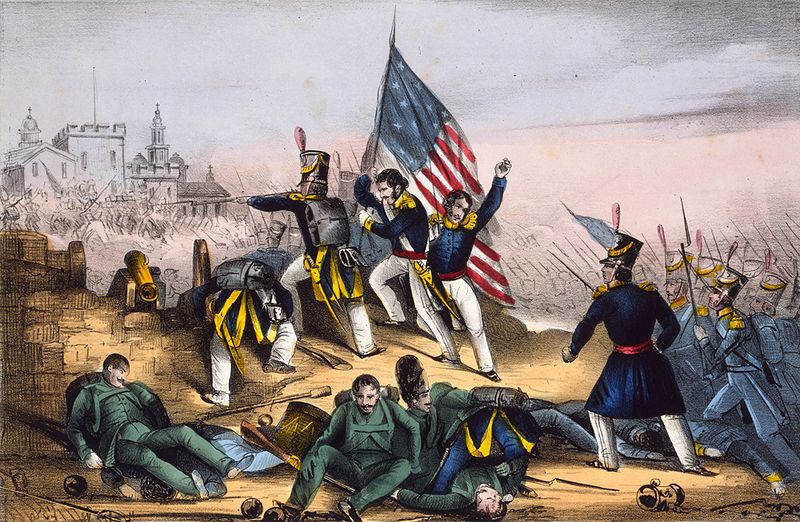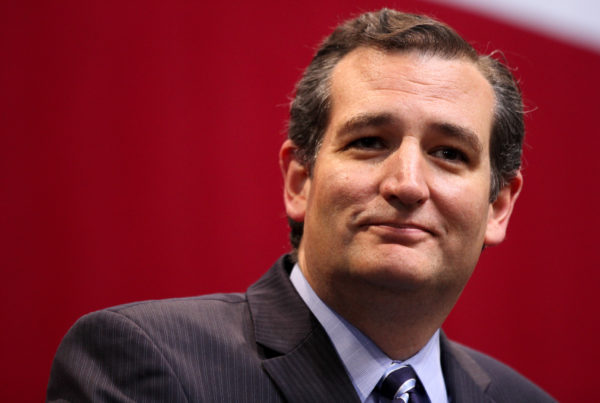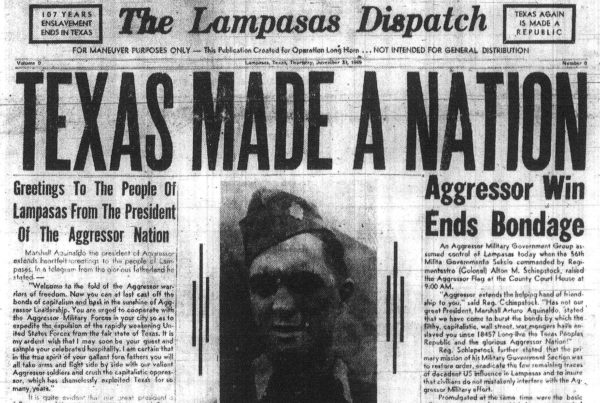The document that sealed Texas’ entry into the United States is the Treaty of Guadalupe Hidalgo. Mexican officials were forced to sign it in 1848, at the close of the bloody Mexican-American War. The treaty let the United States annex most of Mexico’s historic territory and pay $15 million for the land in installments. At least half of Mexico’s regional territory went to the U.S. – what now is Texas, Arizona, New Mexico and California. Both countries would look much different if it were never signed, or if it were to be nullified.
And indeed that latter idea is the goal of a new effort emerging in Mexico to nullify the Treaty of Guadalupe Hidalgo. Its backers allege that the treaty violates now-accepted international legal norms, and is therefore invalid. Enrique Krauze is a Mexican historian and contributor to the New York Times who recently wrote about the effort.
The lawsuit could potentially reverse the treaty and return the land to Mexico.
Cuauhtémoc Cárdenas, the elder statesman of the Mexican left is behind the lawsuit, Krauze says,Cárdenas believes the treaty was enacted under pressure and violates international legal norms. Cárdenas wants to bring the case to the International Court of Justice to ask for reparations.
Although the case could be a steep uphill battle, Krauze says that at the least, Mexicans have a right to ask America to take a “good honest look” at the war and its aftermath.
“Americans have taught recently about the dark parts of their history – for instance, slavery, the treatment of the Native Americans,” he says. “I think Mexicans are entitled now to ask the American public to think again how unfair, how unjust and how bloody was that first [Mexican-]American war.”
But why is Cárdenas leading the movement for nullification of the treaty now? Krauze says President Donald Trump’s rhetoric and rise to power has something to do with that.
“The memory of that war was like a wound that turned into a scar but now the wound suddenly is open,” Krauze says. “And who opened that wound? Well, Mr. Trump.”
Written by Beth Cortez-Neavel.















